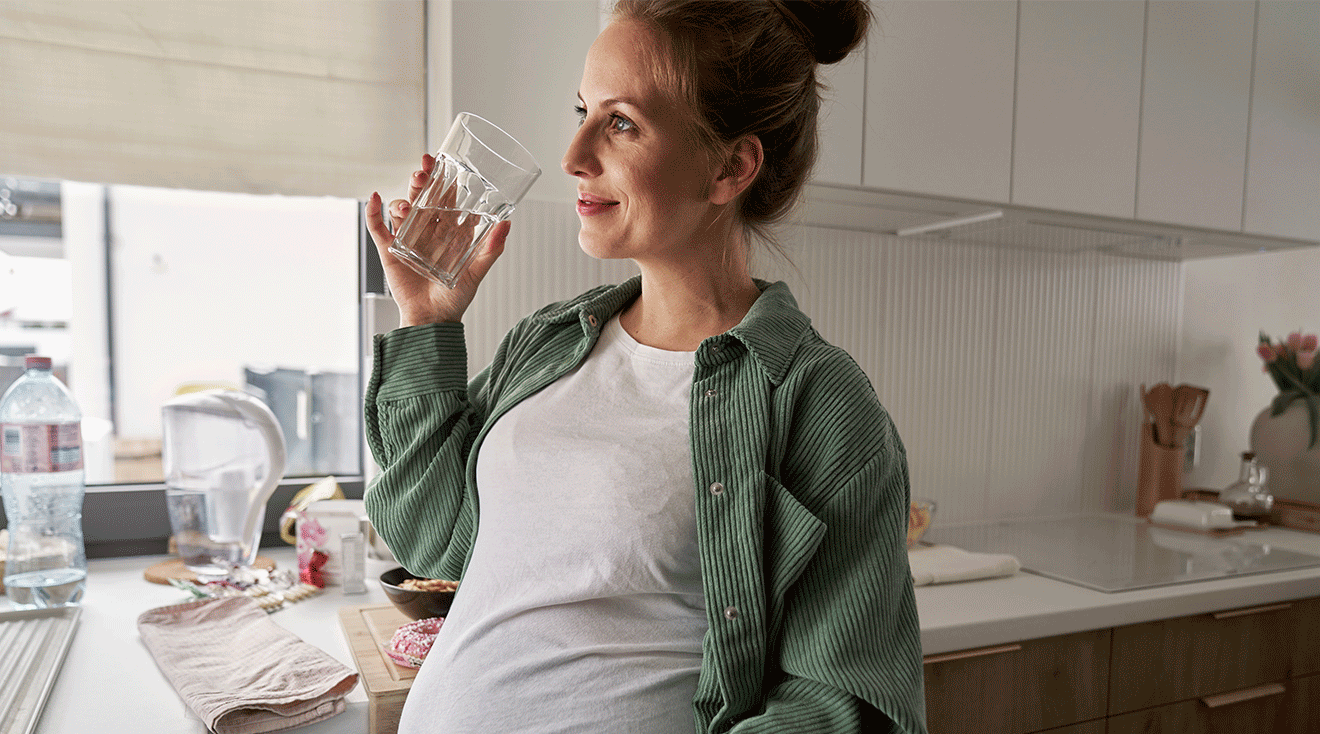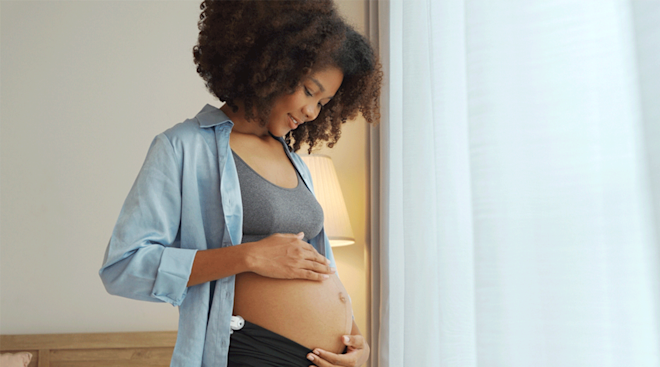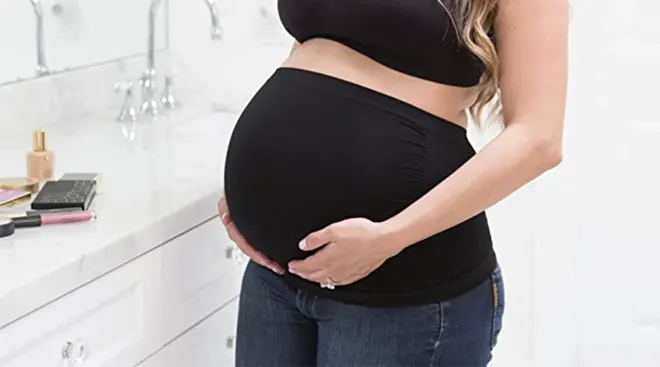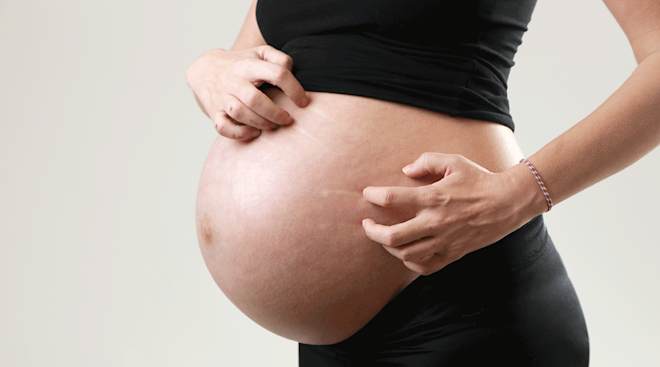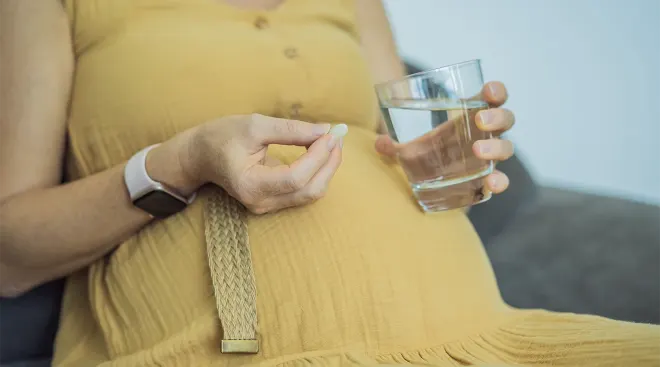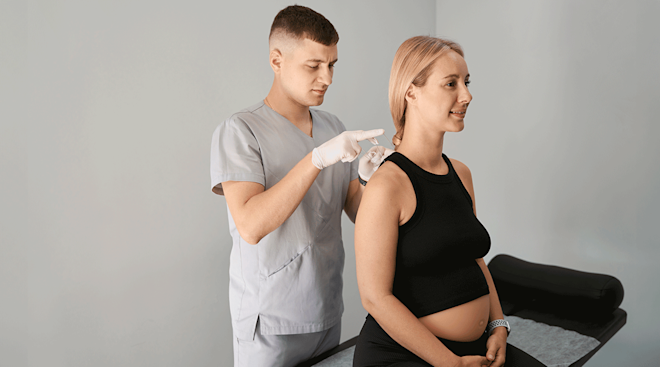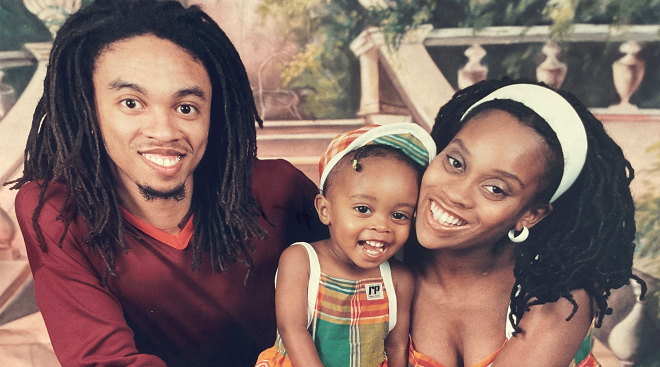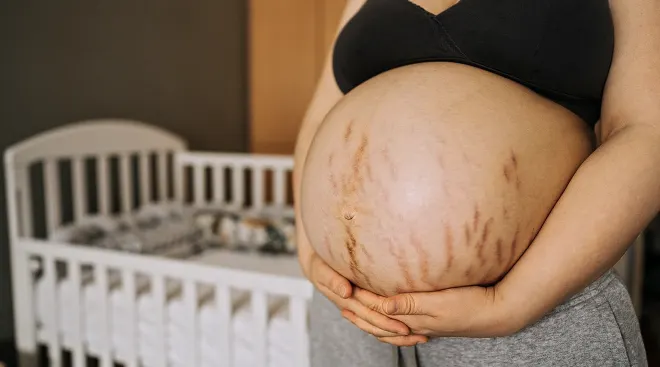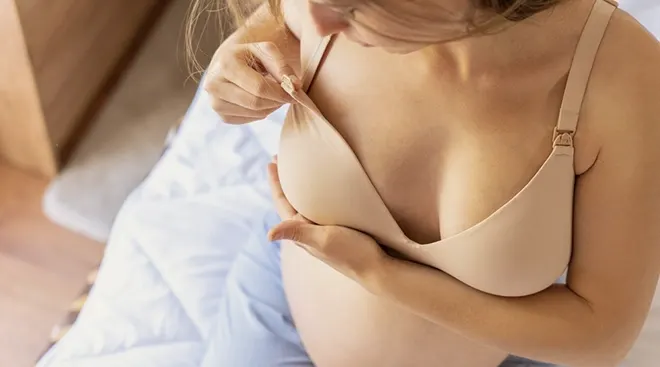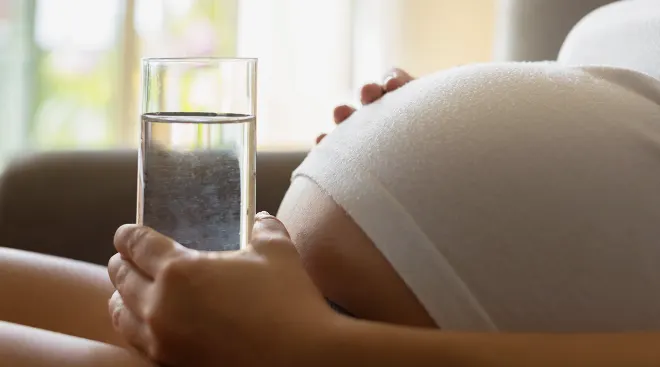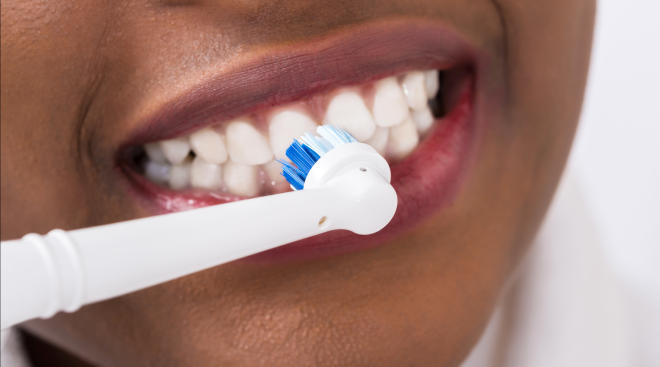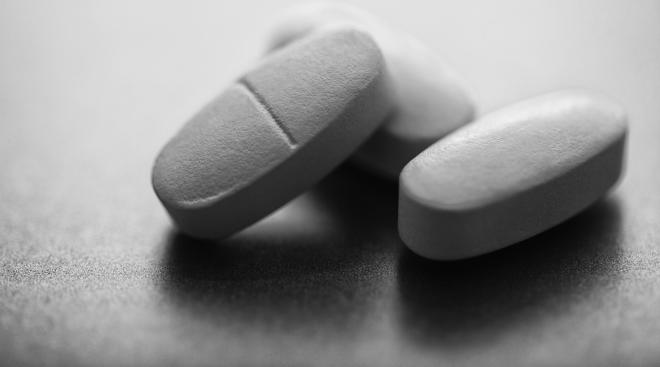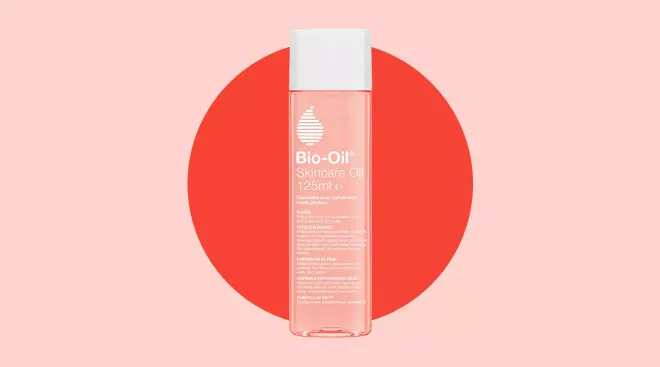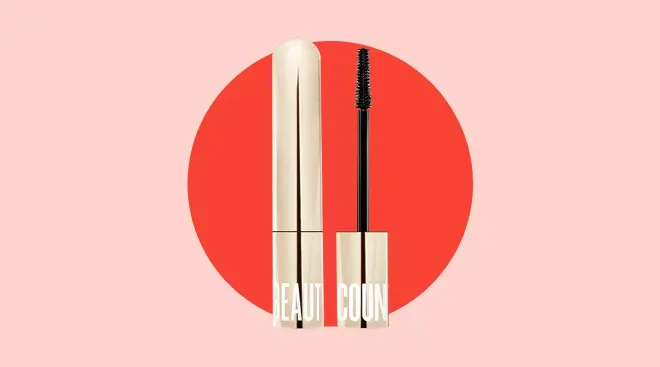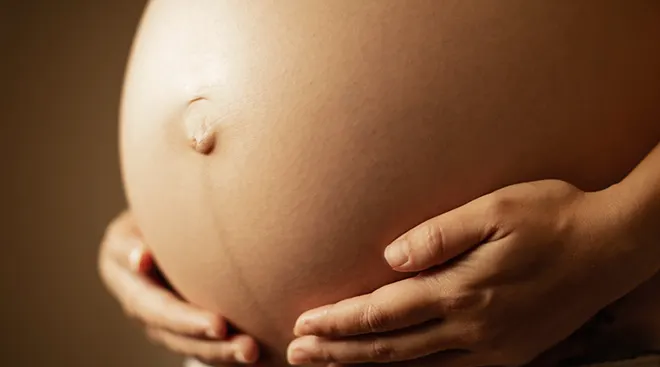
Exactly How Much Water Should a Pregnant Woman Drink?
You likely already know that drinking lots of water is good for you—really good for you. And since you’re housing a growing baby, it should come as no surprise that you need even more water during pregnancy. But exactly how much water should a pregnant woman drink? Ahead, find out what you need to know about hydration in pregnancy, from the experts.
When you’re pregnant, providers recommend that you have an additional 8 to 16 ounces of water a day, says Susan Lewis, MSN, CNM, an assistant professor in the department of Obstetrics and Gynecology at Vanderbilt University Medical Center. That will typically mean having about 8 to 12 cups of water a day, adds Sherry Ross, MD, women’s sexual health expert and author of She-ology and She-ology, the She-quel.
If you’re a little over or under that, you should be fine as well, given that everyone’s specific fluid needs are different, says Victoria Mui, MD, an assistant professor of clinical obstetrics and gynecology at the Perelman School of Medicine at the University of Pennsylvania.
Your hydration needs don’t necessarily change throughout your pregnancy, though. “During the entire pregnancy, staying well-hydrated should always be a priority,” Ross says. But she notes that drinking between 8 and 12 cups of water a day may be trickier during the first trimester if you struggle with morning sickness. “Staying well-hydrated during the third trimester is especially important to prevent uterine irritability, preterm labor and prepare the body for blood loss during delivery,” she says.
There are a lot of perks to drinking plenty of water during pregnancy. Hydration “helps support the fetal circulation, to maintain healthy amniotic fluid and blood volume,” Lewis says. Hydration can also influence the levels of amniotic fluid, the liquid that surrounds baby in the womb. “If the amniotic fluid is low, fetal development and oxygenation can be impaired,” Lewis says.
Staying hydrated during pregnancy can also help you feel better. Being dehydrated raises the risk of low blood pressure, which can make you feel lightheaded and dizzy, says Mui. It also increases the odds of cramping and preterm contractions. “The uterus is a muscle and it responds to a lot of dehydration,” Mui explains.
Drinking water also helps prevent issues such as constipation and urinary tract infections during pregnancy, Ross says.
Every municipality’s tap water is different, but in general tap water “should be safe as long as it comes from a reliable source,” Ross says.
Lewis agrees. “It contains fluoride, which can aid the development of teeth and bones of the growing fetus,” she says. However, Lewis points out that some areas have safety concerns with lead or other substances. The Environmental Protection Agency (EPA) has regulations on contaminants in drinking water, but municipalities are required to publicly share the results of water testing with the public—and you can check yours.
“If you’re able, you may want to purchase a water filter to add to your sink if this is a concern for you,” Lewis says.
If you’re sick of plain water, not to worry. There are plenty of other drinks to support hydration in pregnancy. These include:
- Flavored or sparkling water
- Non-caffeinated herbal teas
- Coconut water
- Diluted juices
- Water with flavoring, like lemon, lime or orange
The most important thing is to avoid consuming lots of high-sugar beverages, Lewis says. You’ll also want to limit your caffeine while pregnant—the American College of Obstetricians and Gynecologists (ACOG) recommends having no more than 200 milligrams a day. “Caffeinated beverages can contribute to dehydration, so they don’t offer the same benefits of drinking water,” Lewis says.
If you’re not sure whether you’re drinking enough water, Ross recommends looking at the color of your pee. “If you’re well-hydrated, urine will appear a very light yellow to clear in color and be odorless,” she says. “If you haven’t been drinking enough water, urine will appear dark yellow or amber and have a more noticeable odor.”
Of course, if you’re having trouble meeting your hydration needs, make sure to talk to your healthcare provider. They should be able to offer personalized recommendations to help. In the meantime, drink up!
Please note: The Bump and the materials and information it contains are not intended to, and do not constitute, medical or other health advice or diagnosis and should not be used as such. You should always consult with a qualified physician or health professional about your specific circumstances.
Plus, more from The Bump:
Susan Lewis, MSN, CNM, is an assistant professor in the department of Obstetrics and Gynecology at Vanderbilt University Medical Center.
Victoria Mui, MD, is an assistant professor of clinical obstetrics and gynecology at the Perelman School of Medicine at the University of Pennsylvania. She received her medical degree from Jefferson Medical College, now the Sidney Kimmel Medical College, in Philadelphia.
Sherry Ross, MD, is an ob-gyn and women’s sexual health expert. She’s the author of She-ology: The Definitive Guide to Women’s Intimate Health. Period. and She-ology, the She-quel: Let's Continue the Conversation. She received her medical degree from New York Medical College.
Centers for Disease Control and Prevention, Water and Healthier Drinks, June 2022
National Library of Medicine, Amniotic Fluid, November 2022
Environmental Protection Agency, Drinking Water Regulations, November 2023
American College of Obstetricians and Gynecologists, How Much Coffee Can I Drink While I’m Pregnant?, October 2020
Learn how we ensure the accuracy of our content through our editorial and medical review process.
Navigate forward to interact with the calendar and select a date. Press the question mark key to get the keyboard shortcuts for changing dates.
































